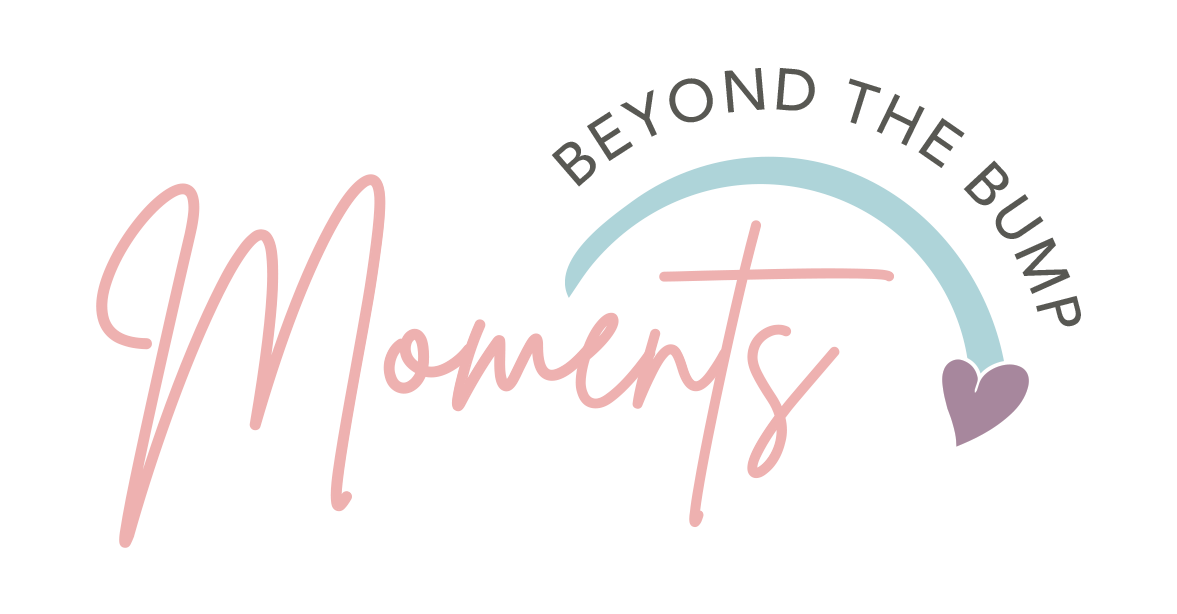Making your bedroom more sleep friendly
For some of us, our bedroom is an oasis at the end of a hectic day. Sometimes we even count down the minutes until we get to crawl under our duvet and lay our weary head on the pillow, finally free from our boss’s demands or scrubbing sticky toddler graffiti from the walls or re-grouting the bathtub.
But when we’re suffering from insomnia, that oasis can become a place of misery where you toss and turn for hours. You might even start to dread the walk down the hall to your room at the end of the night, knowing your cozy-looking bed with its designer pillows is just going to be a source of frustration.
If that sounds like you, not to worry. Believe it or not, your bedroom environment can actually have a big impact on your ability to fall asleep, and there are a few simple things you can do that might make it easier for you to drift off.
1. Begin a quest for utter darkness
Remember that some types of light wreak havoc on our body’s ability to produce melatonin, the sleep hormone. Hunt down all offending sources of light and snuff them out. Be ruthless. That little sliver where the moon seeps in beside your blinds? It’s got to go. That seashell nightlight your mom got you in Hawaii? Unplug it. And blinky lights from televisions, laptops or other electronic devices should be covered up. Basically, you need to go into your room, turn off the lights and look around. If you see anything other than blackness, find the cause and deal with it.
2. Ditch the clock
One thing many insomniacs have in common is clock-watching. And it’s a terrible idea. You know how it goes…you can’t fall asleep for what feels like hours, so you check your clock and see that yes indeed, it’s 2:00 a.m.. Then you start the math. “If I fall asleep NOW, I will get five hours’ sleep, so I might not pass out with my breakfast pastry in my hand at the board meeting…” But then you don’t fall asleep right away, so you check again…and again…and again, each time getting more and more anxious. If you have to set an alarm, set your phone and then turn it to silent and stuff it in a drawer. Do not open that drawer until the alarm goes off. Trust me, you will be saving yourself a lot of grief.
3. Make your bed
What does that have to do with sleeping well, you ask? Well, interestingly, there are studies that show that making your bed can make you feel less anxious about hopping into bed. And check our this survey by Hunch.com: out of 68,000 people who were asked about their bed-making habits, 71 percent of bed makers considered themselves happy, while 62 percent of non-bed-makers admitted to being unhappy. Hmm. Bed makers were also more likely to like their jobs, exercise regularly and feel well rested, whereas non-bed-makers didn’t like their jobs, and tended to wake up tired. Seems like making your bed in the morning, which is only about a two-minute time investment, is probably worth it.
I’m not saying these tips will magically make your insomnia go away. But the more steps you take to give your body the chance to slip off to sleep without anxiety and distractions, the more chance you have of kicking those sleepless nights forever.
